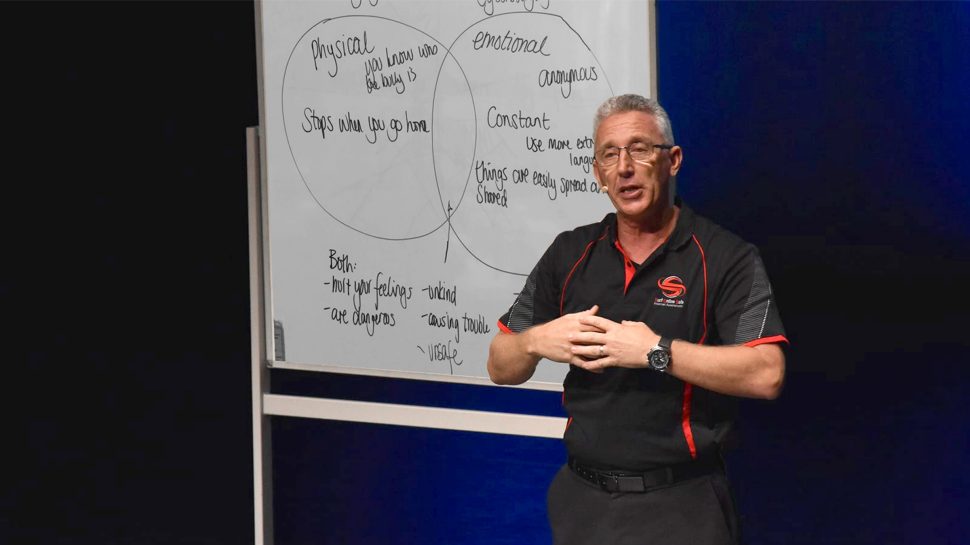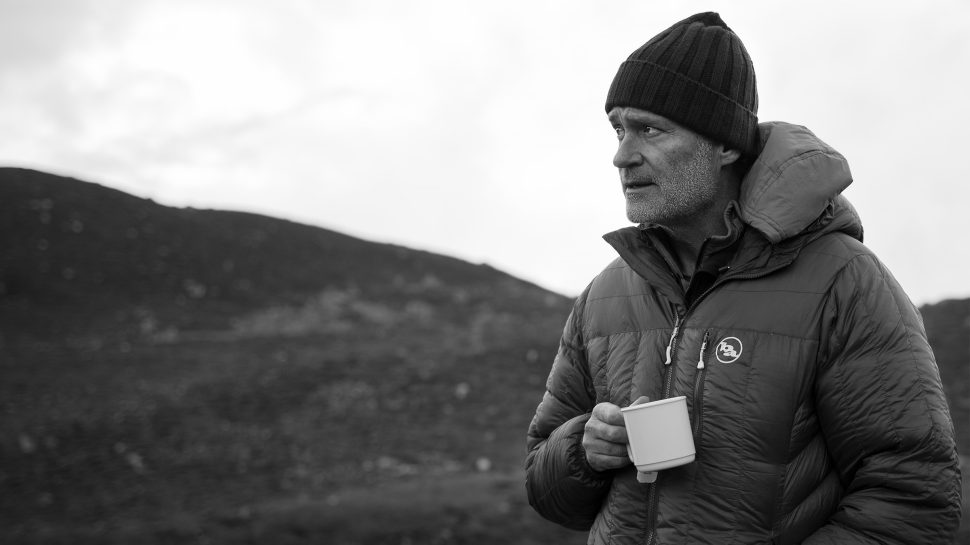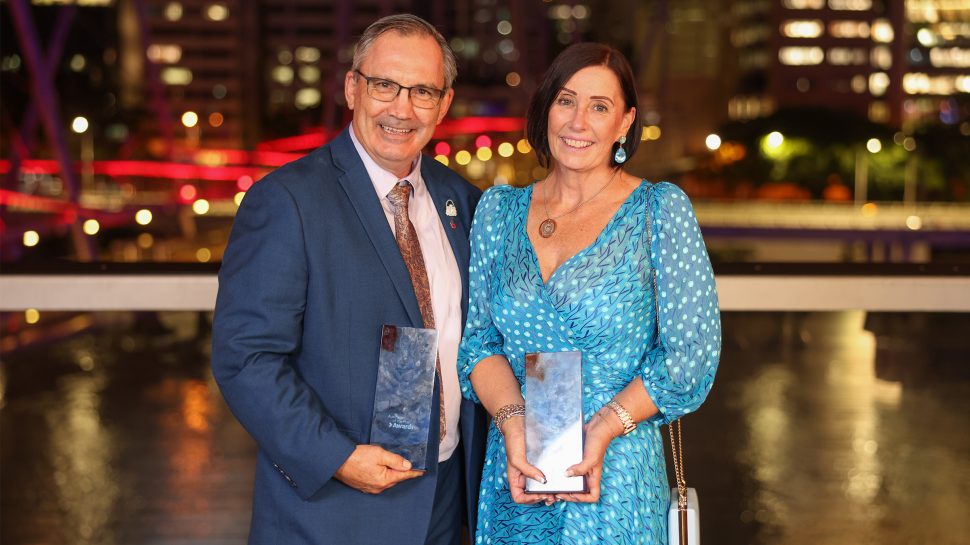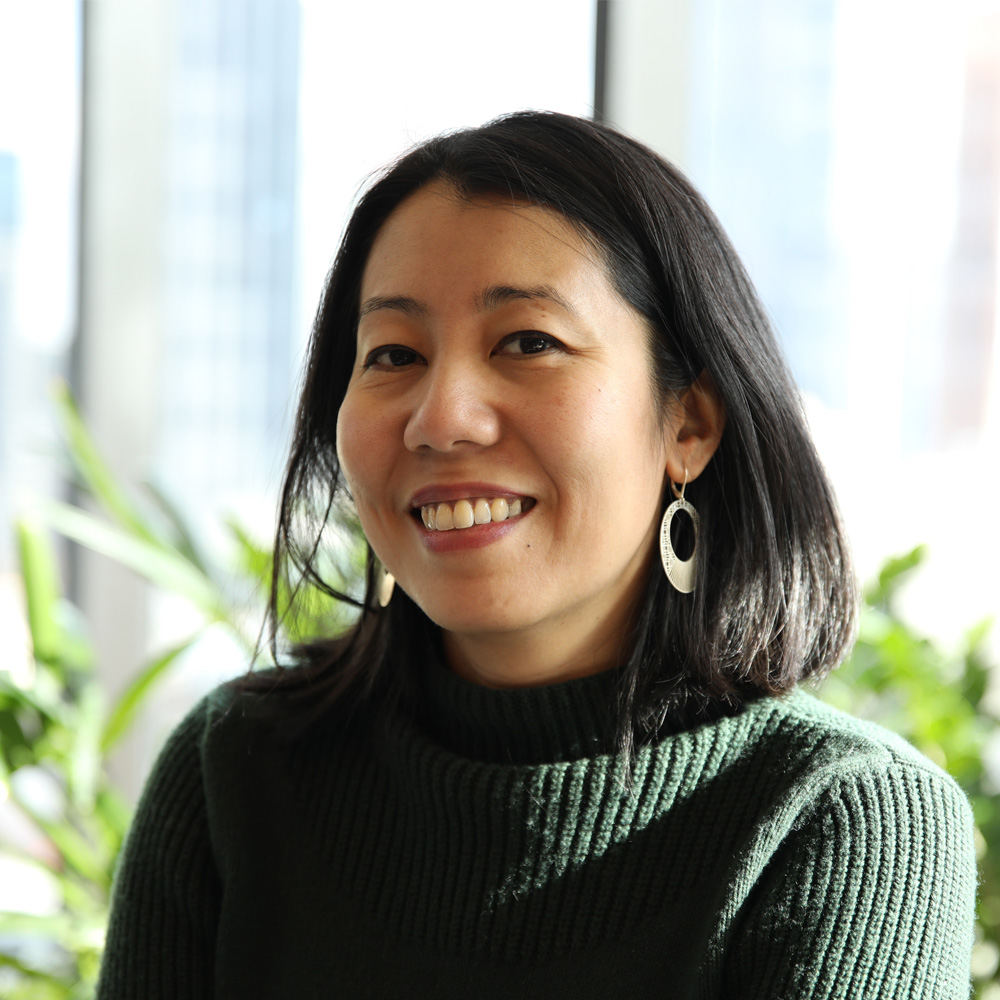Professor Helen Marshall: Saving lives through vaccination research
Our 2022 SA Australian of the Year, Professor Helen Marshall, is best known for leading the world’s biggest study on meningococcal B disease. In our 2022 Australian of the Year series, she talks about being inspired by her work and her determination to vaccinate more Australian children against meningococcal B disease.
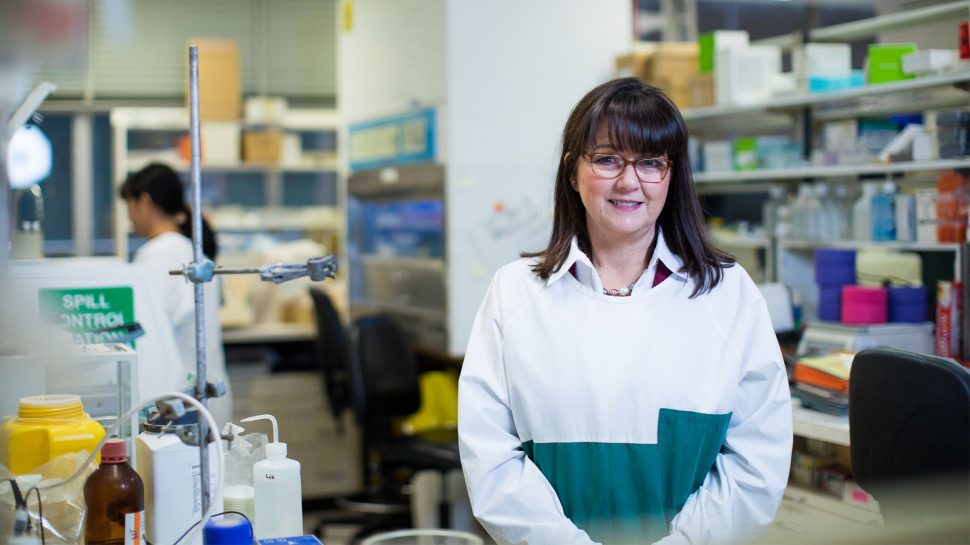
Professor Helen Marshall has a five-word solution for young people still mulling over their career options – join the public health industry. The vaccination researcher and recipient of the 2022 SA Australian of the Year Award is blunt in her reasoning behind this call.
“We lack resources in this area. And we’re not getting out of this pandemic anytime soon, so I’d really encourage young people to look at public health as a career option, particularly in vaccinology and epidemiology.”
Helen’s own path into public health was first paved by her medical professional parents and then by a medical elective placement in a paediatric ward in Western Samoa. It was there that she developed a deep interest in vaccinology.
While I was completing my postgraduate degrees in public health, I had a light bulb moment - strong research evidence that creates good immunisation policy can dramatically improve the health of the whole population.
Helen went on to lead the renowned ‘B Part of It’ study in South Australia conducted by the University of Adelaide. Recognised as the largest study of its kind globally, the research led to a deeper understanding of how to protect communities against meningococcal B disease.
“Our results help guide how other countries vaccinate against meningococcal B disease,” Helen says. “And we’ve potentially saved more lives around the world.”
During the COVID-19 pandemic, Helen is providing advice to the SA Health Minister and Chief Public Health Officer. Here she talks about being inspired by her work and her determination to vaccinate more children against meningococcal B disease over the next few years.
Meet other extraordinary Australians
Meet other extraordinary Australians
Read the inspiring stories of our other recipients and discover how they’re making a profound and positive contribution to their communities.
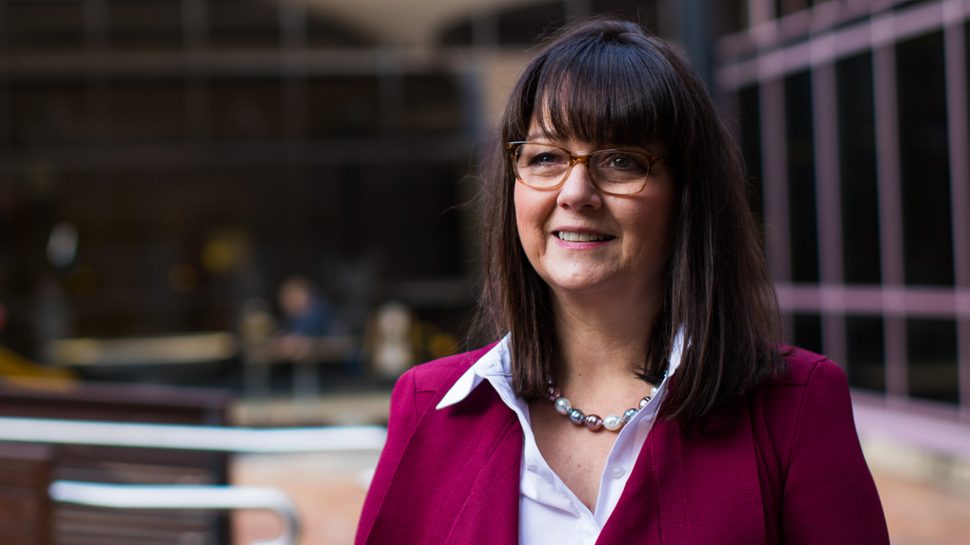
You've made some massive strides in the meningococcal B vaccine. What gaps still need to be closed?
“It should always be research that drives policy. And the policy gap that our research shows is that young Indigenous people are less likely to get vaccinated against meningococcal B disease. It’s a really challenging area because Aboriginal and Torres Strait Islander young people are less likely to stay in school for as long as their non-Indigenous peers.
“So we have to put in more effort and get more creative in providing them easier access to the meningococcal B vaccine, rather than rely only on access through the school immunisation program.”
What misconceptions still exist around vaccines in general?
“A whole range of myths and misconceptions have come about during COVID-19. I completely understand people's concerns around safety, but we have the most extensive safety surveillance in place than we have ever had before, with the COVID-19 vaccines rollout. A good source of information is AusVaxSafety which has daily updates on the safety of these vaccines.
“I’ve met many people who’re reluctant to get the COVID-19 vaccines, and what I’ve found is that most are relying on social media for information rather than looking at the evidence.
“So my job as an academic is to keep up with the emerging literature and evidence, communicate that in a way that allays anxiety and dispels misconceptions, and point people in the direction of this information. I know that once they’ve had access to the evidence, they are more comfortable about getting vaccinated.”
The work is ongoing but the huge success of vaccines in protecting our children truly inspires me.
What gives you hope in your work?
“During my paediatric training, I frequently had to do lumbar punctures to confirm whether or not a child had meningitis. This procedure is rare these days because we now have vaccines that protect against the three most common causes of meningitis, and these vaccines are so effective.
“Every vaccine that has been developed over the course of my medical career has had a profound impact on children’s health. It’s rare for a child to die of a vaccine-preventable disease these days. But there are still children being treated for infectious diseases that could have been prevented by vaccination.
“It's also fantastic how confident parents in Australia are about vaccinating and protecting their children. Our National Immunisation Program for children shows that 95% are up to date with their vaccinations. There’s the 1% whose parents have anti-vaccination views but it’s the remaining 4% that we’re focusing on. These are children whose parents want to get them vaccinated but haven’t done so yet due to a range of challenging circumstances.”
How do you plan to change this?
“Our research shows that most of this 4% of children live in disadvantaged circumstances. I’m keen to spend the next few years looking at how we can provide a better service for these households so we can vaccinate them.
“Most COVID-19 cases in Victoria and New South Wales have taken place in low socioeconomic areas so having vaccination vans go out there will provide the community better access. Another way is through home visits – the same way maternal nurses attend these households to provide the first vaccinations at six weeks after a new mother leaves the hospital.
“I always say if we need to knock on doors that’s what we’ll do. In Northern Ireland, public health representatives literally knocked on doors and got 100% of people over 70 vaccinated against COVID. It can be done - and it works.”
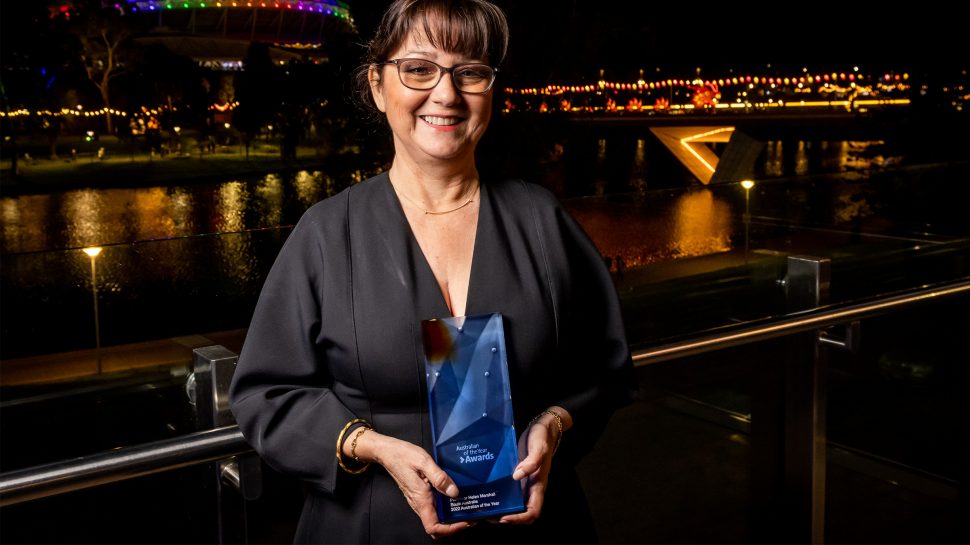
What does it mean to be named 2022 SA Australian of the Year?
“It’s a huge privilege and a fantastic opportunity to be able to keep talking about the importance of protecting all children through immunisation, the evidence of vaccine effectiveness and safety and how we can improve immunisation for children in disadvantaged circumstances.”
Australia Post is category sponsor of the Australian of the Year Award and we’re proud to share inspiring stories like yours with the rest of Australia. What comes to mind when you think about Australia Post?
“My favourite childhood memory is the excitement of racing my siblings to the mailbox. If you timed it well, the postie handed the letters to you so you didn’t need to put your hand into the dark mailbox where there could be spiders. My extended family lives in Ireland and we loved receiving overseas mail from them.”
Australia Post is proud to partner with the National Australia Day Council and showcase the inspiring stories of remarkable everyday Australians.
